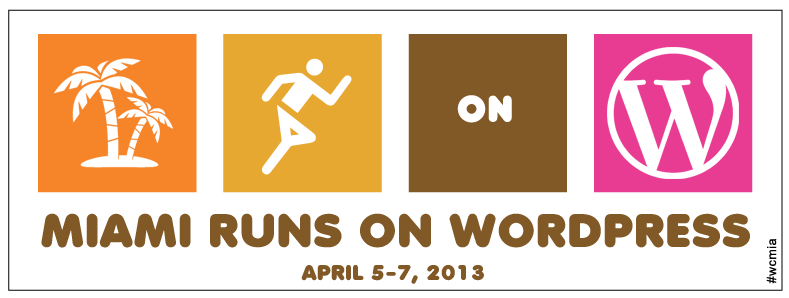
January 6, 2013

After reading Justin Tallant’s well written thoughts on why WordPress is not an application framework and Chris Lema’s response, I decided to quickly jot down my thoughts on the subject. I work with a number of programmers that are experienced in a number of different levels, so I have heard Justin and Chris’s side before. I think you should read both posts, as they are interesting reading for debate.
As a freelancer, I do projects in WordPress and CodeIgnitor (either/or but sometimes together). I can understand where both sides are coming from. However Justin’s viewpoint that WordPress should stick to being blogging software makes just as much sense as requiring the use of CodeIgnitor or Rails for only “complex” or (fill in the blank here) projects. Both corners have their pros and cons – hence why i use both of them – but to paint WordPress into a general bucket of “blogging” or “CMS” is limiting and lacks imagination.
Justin’s viewpoint is not unique – I know many people that primarily code in Rails, CI, or another PHP framework that think WordPress is great – but great only for blogging and that’s about it. “They should stick to that” is the general mentality.
I also know other people that want to use WordPress for literally everything when either (1) Custom PHP Framework would be more flexible/make more sense and/or (2) those people don’t have the coding snuff to properly tweak WordPress into what they need and it ends up biting them or the client in the end. These people also need to know their and WordPress limitations.
I personally predicted months ago that there’s going to be a lot more talk in 2013 about “application development” (which is vague really) and WordPress. About WordPress sticking to what it does best – and if/when/how it should expand. About WordPress being bloated software and others discussing how efficient it is. Looks like i’m right on these predictions so far. We aren’t even seven days into 2013.
The fact that mobile has taken center stage and that applications are such a hot topic (some say blogs aren’t as cool as they used to be) I think is putting WordPress under the gun a bit. Could PHP frameworks and Rails do things that would be difficult for WordPress to do? Yes. But could a lightweight developer approach Rails as easily as WordPress? Probably not.
Final thought: Discussions are great, but actions speak louder. The best way to shape the WordPress future is to get involved.
Copyright ©2023 David Bisset